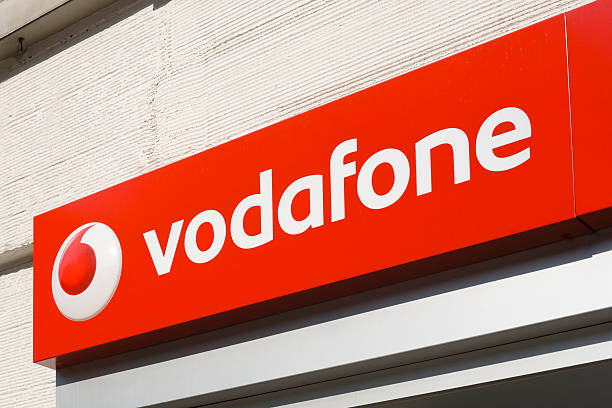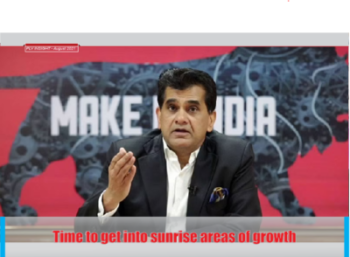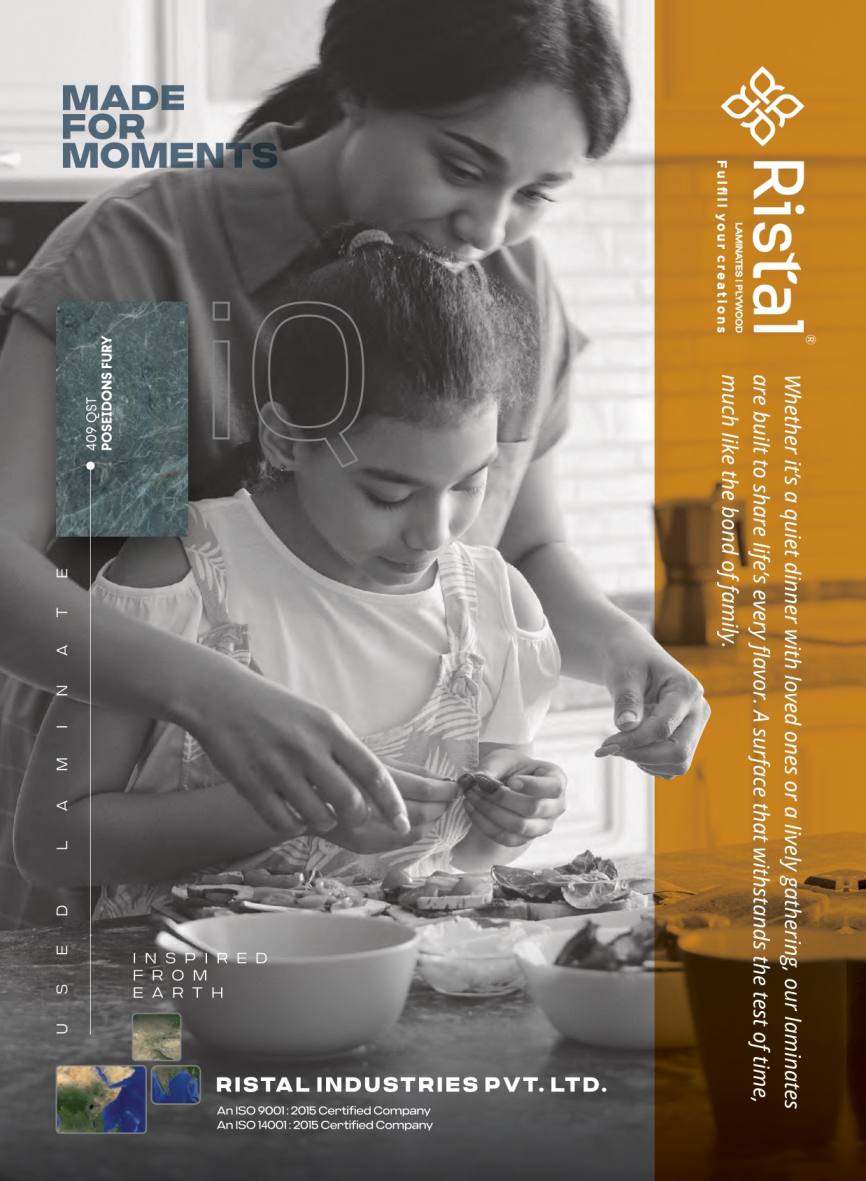
Vodafone Idea: Treacherous Telecom Market
- अगस्त 4, 2021
- 0
The world’s cheapest data costs have done wonders for India by helping spread the benefits of the internet beyond a tiny, urban, affluent class. But there’s a problem: Successive governments have hounded telecom operators with outlandish financial demands. Now things have gone too far. Vodafone Idea Ltd, one of the three private sector competitors left standing in what used to be a field of a dozen players, is very close to crumbling under the weight of its $30 billion debt. That will effectively turn the wireless market in the nation of 1.4 billion people into a duopoly. Maybe not immediately, but the gains to consumers could be reversed because of lack of competition. (An international survey shows Indian data plans to still be highly affordable, though they’re no longer as inexpensive as the world-beating 9 cents per gigabyte last year) the pace of digitization of the economy could slow. Avoiding this scenario calls for some creative thinking.
It has come to this because of a two-decade-old dispute over how revenue is to be defined for licence fee and spectrum usage charges. Operators thought only receipts from core telecom services had to be shared; the government wanted a piece of everything from rent, dividend and interest income to profit on sales of fixed assets. India’s supreme court upheld the government’s demand in 2019, putting UK-based Vodafone’s joint venture with Indian billionaire Kumar Mangalam Birla on the hook for Rs. 584 billion ($7.8 billion).
A two horse telecom race is not going to benefit consumers any more. Further, it is hard to see how India will have to live down with the reputation of being the world’s most treacherous telecom market.
There is a lesson in the collapse of telecom major Vodafone Idea is, that, a businessman should invest carefully, because there is no certainty that regulation will remain fair for all players. They must be prepared to accept changes in the rules, that could be complete arbitrary or one-sided.
वोडाफोन आईडीया विश्वासघाती दूरसंचार बाजार
दुनिया की सबसे सस्ती डेटा लागत ने एक छोटे, शहरी, संपन्न वर्ग से परे इंटरनेट के लाभों को फैलाने में मदद करके भारत के लिए कमाल किया है। लेकिन एक समस्या है: एक के बाद एक सरकारों ने अजीबोगरीब वित्तीय मांग रख कर दूरसंचार ऑपरेटरों का पीछा किया है। अब बात बहुत आगे निकल चुकी है। वोडाफोन आइडिया लिमिटेड, निजी क्षेत्र के तीन प्रतियोगियों में से एक, जहां शुरूआत में एक दर्जन खिलाड़ी हुआ करते थे अपने $ 30 बिलियन के कर्ज के बोझ तले दबने के बहुत करीब है। यह प्रभावी रूप से 1.4 अरब लोगों के देश में वायरलेस बाजार को एकाधिकार में बदल देगा। हो सकता है कि तुरंत ना हो, लेकिन प्रतिस्पर्धा की कमी के कारण उपभोक्ताओं को होने वाले लाभ को उलट दिया जा सकता है। (एक अंतरराष्ट्रीय सर्वेक्षण से पता चलता है कि भारतीय डेटा योजनाएं अभी भी अत्यधिक सस्ती हैं, हालांकि वे अब उतनी सस्ती नहीं हैं जितनी पिछले साल विश्व-को पछाडते हुए सिर्फ 9 सेंट प्रति गीगाबाइट थी) अर्थव्यवस्था के डिजिटलीकरण की गति धीमी हो सकती है। इस परिदृश्य से बचने के लिए कुछ रचनात्मक सोच की आवश्यकता है।
यह दो दशक पुराने विवाद के कारण हुआ है कि लाइसेंस शुल्क और स्पेक्ट्रम उपयोग शुल्क के लिए राजस्व को कैसे परिभाषित किया जाए। ऑपरेटरों ने सोचा था कि केवल मुख्य दूरसंचार सेवाओं से प्राप्तियां ही साझा की जाएंगी लेकिन सरकार अचल संपत्तियों की बिक्री, किराए, लाभांश और ब्याज आय से लेकर लाभ की हर चीज का हिस्सा चाहती थी। भारत के सर्वोच्च न्यायालय ने 2019 में ब्रिटेन की वोडाफोन के भारतीय अरबपति कुमार मंगलम बिड़ला के साथ संयुक्त उद्यम से रु 584 बिलियन (7.8 बिलियन डॉलर)। की सरकार की मांग को बरकरार रखा,
दो खिलाडियों वाली दूरसंचार दौड़ निश्चीत रूप से ग्राहकों के हित में नही रहने वाली है। यह देखना भी मुश्किल होगा कि भारत विश्व में सबसे विश्वासघाती दूर संचार बाजार होने की बदनामी झैलता रहे।
वोडाफोन आइडिया विवाद प्रकरण में एक बात उभर कर आई कि एक व्यापारी को बहुत संभल कर चलने की आवश्यकता है, क्योंकि यह जरूरी नहीं कि सभी के लिए एक जैसे निष्पक्ष कायदे कानून हों। उन्हें हमेशा तैयार रहना चाहिए कि, कानून कभी भी बदले जा सकते हैं और यह मनमाने तथा एक पक्षीय भी हो सकते। हैं।



































































